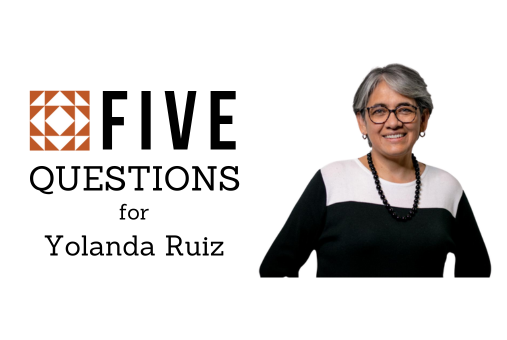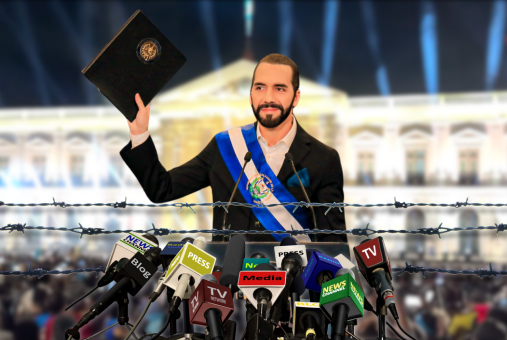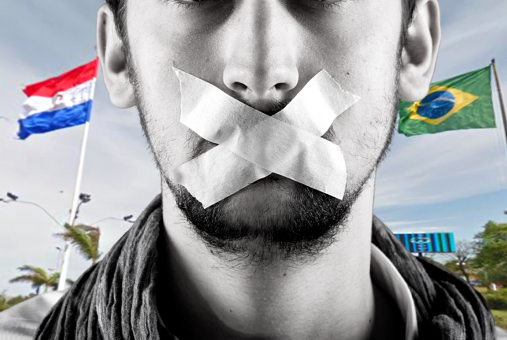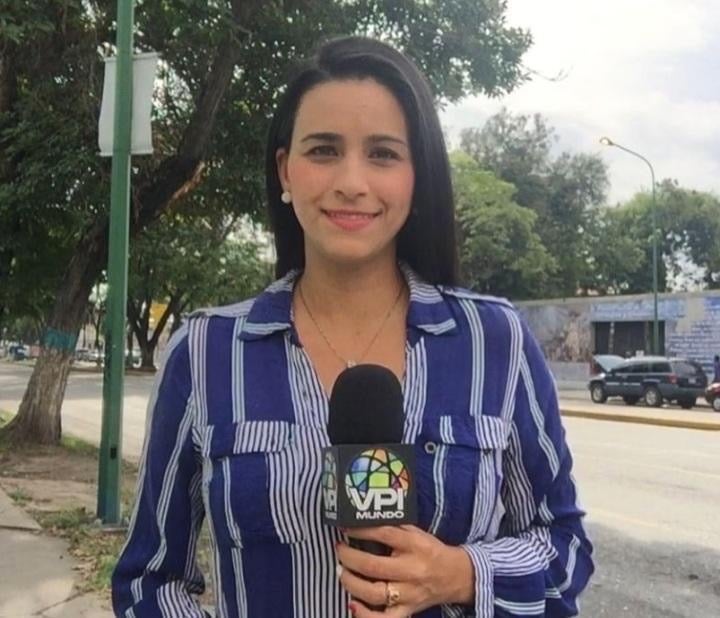
Ruiz spoke with LJR about who should monitor the media, the line between critique and attempted censorship, violations of the ethical principles of journalism, the need for self-critique, and the role of audiences in this process.

Journalists from El Salvador and press freedom organizations fear that, with the re-election of Nayib Bukele as president, harassment against journalists will worsen and reforms could be approved to criminalize their work.

The advance of drug trafficking in the border region between Paraguay and Brazil puts journalists who report on the issue at risk. LatAm Journalism Review interviewed four reporters who told how they protect themselves from being exposed to threats from organized crime.

A surveillance environment in Venezuela has led to the beginning of doubt against free expression – the beginning of self-censorship. Venezuelan journalists have had to find a way to reinvent themselves between censorship, threats, misinformation and media sanctions.
The press in Sinaloa, in northwestern Mexico, no longer conducts investigative journalism following the death of Javier Valdez, a journalist from the Sinaloan weekly newspaper Ríodoce, who was killed on May 15 of this year.
The slaying of Argentine folk singer Facundo Cabral after a June 9 concert in Guatemala put the country in the international spotlight. Authorities have reported increasing levels of violence in Guatemala, where the murder rate is more than double that in Mexico, where fights between rival drug trafficking gangs and security forces have left more than 35,000 dead since 2006.
In 2010 there were only 19 attacks against journalists and media outlets in Guatemala – a sharp decline from 60 and 69 in 2009 and 2008, respectively – however a Cerigua study shows that self-censorship is rising in areas affected by drug trafficking, Prensa Libre reports.
A new report from the Fundación MEPI, an independent investigative journalism center, says that the regional press in Mexico cover less than 5 percent of killings, attacks and violence linked to organized crime in the country, and the silence imposed by the cartels has created "black holes of information."
Representatives from Brazil's media outlets sent a document to Minister Samuel Pinheiro Guimaraes, the Secretariat of Strategic Affairs, arguing that "freedom to think and express opinions and information, without control by whomever, is the very essence of democracy," according to Folha de S. Paulo (link for subscribers) and O Globo.
The media suffering most from the killings of at least eight journalists this year in Mexico are those in the interior of the country who are essentially defenseless against the violence, reported the Inter Press Service (IPS).
The country's biggest media outlet announced that it would not report on the disappearance of former presidential candidate Diego Fernández de Cevallos until the investigation has concluded, drawing criticism from media and security experts, CNN México reports. (See articles in English by The Christian Science Monitor and the Associated Press.)